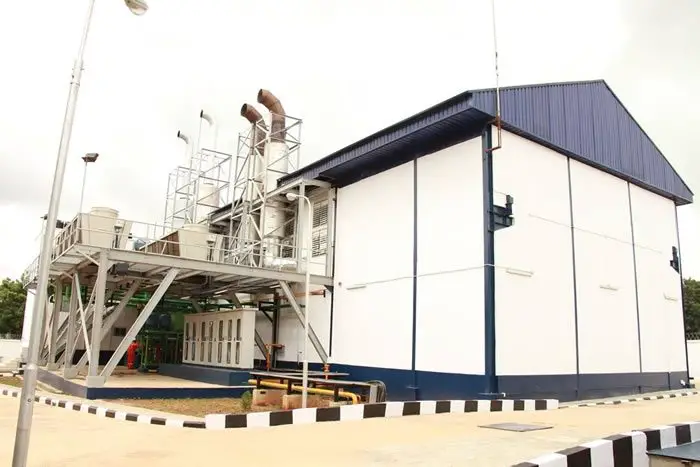According to the Commissioner for Energy and Mineral Resources, Mr.Taofeek Tijani, Nigeria requires a minimum of 5,000MW of electricity to achieve stability of power supply in Lagos state.
Currently, the total national generating capacity is about 4,000MW with the state getting only 1,000MW supplied from the national grid which Mr.Tijani noted as a huge deficit in the state. He also said the state government is building Independent Power Projects (IPPs) and taking other strategic measures to gradually respond to the deficit, of which he revealed the state government was partnering with some major players in the oil and gas industry to ensure adequate supply of gas to the power plants. The on-going 8.8MW Ikeja IPP and the 6MW plant in Lekki are nearing completion. Upon completion, the two projects will generate a total of 47MW.
Alausa, Akute and Island Power plants have already been completed. The three IPPs are currently enhancing power supply of about 35MW. About 140 generators have been decommissioned from the 10.4MW Alausa IPP as the secretariat is supplied with uninterrupted power. This has saved about US$3.7m spent on a daily basis on running cost for the generators and paying electricity bill. The Island IPP is providing stable power supply to government’s institutions like Island Maternity Hospital and Massey Hospital.
With 162 million people, only 40% have access to electricity. Currently Nigeria uses four different types of energy: natural gas, oil, hydro and coal. The energy sector is heavily dependent on petroleum as a method for electricity production which has slowed down the development of alternative forms of energy.

